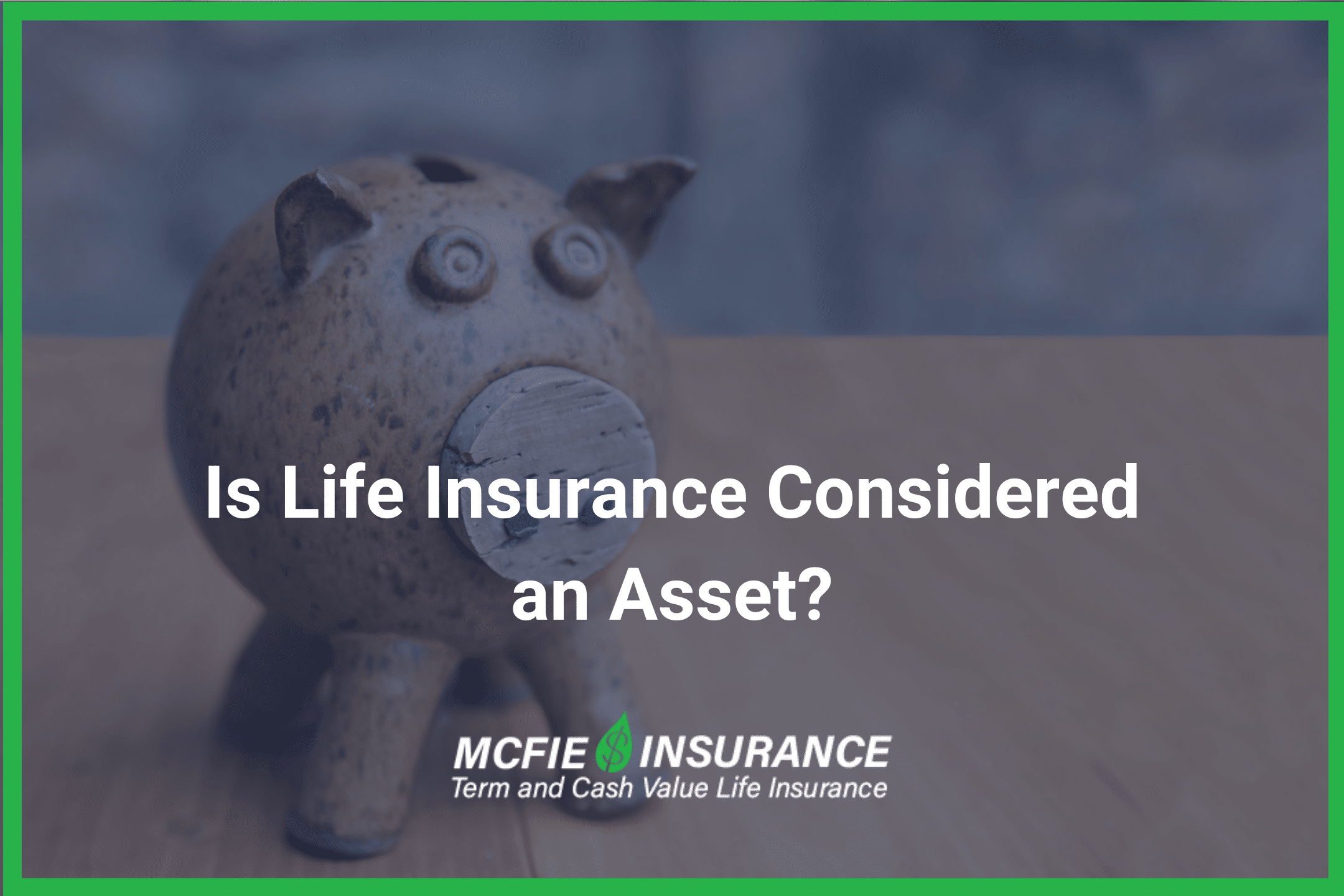702-660-7000
702-660-7000

The idea of life insurance dates all the way back to the 18th century. Today we have a variety of plans, also known as policies, which people can choose between, and then further customize with the help of industry professionals. Reasons for having life insurance vary from person to person, and ultimately determine which plan is right for them. Depending on the type of policy, many people do think of life insurance as a financial asset.
Before we dissect life insurance and whether or not it’s an asset, let’s define what an asset means. In a general sense, an asset is something bought today with expectations that it will have value in the future. An asset’s value doesn’t necessarily have to grow, but it usually does. Some characteristics of an asset include liquidity, tangibility vs non-tangibility, and appreciation vs depreciation.
While an asset is meant to put money into your pocket, a liability is known to take money out. While an automobile is sometimes considered an asset, its depreciation could make it a liability. Some other examples of liabilities include loans and credit cards.
Many people own tangible assets, like a home or personal items, as well as financial assets, like stock market investments and retirement accounts. Financial assets are usually highly desired, in hopes that they will appreciate, or gain value over time. So, is life insurance considered an asset by this standard? Yes, it is indeed.
In 1911, the Supreme Court case Grigsby v. Russell established that a life insurance policy was considered a personal asset which could be acquired and transferred. This landmark ruling set the stage for the life settlements industry where life settlement investment companies are willing to buy some permanent life insurance policies from people who don’t want them anymore. The owner of the policy usually gets to sell it for more than they could get from the insurance company by surrendering the policy, and eventually the insured dies and the life settlement company will collect the death benefit which provides them a return on the investment.

Understanding the Infinite Banking Concept and How It Works In Our Modern Environment 31-page eBook from McFie Insurance Order here>
Although the death benefit of a life insurance policy can be considered an asset, as it is in the life settlement industry, people usually think of the cash value of a policy when thinking of insurance as an asset.
With the right type of insurance, tax-deferred cash value (aka savings or equity) can accrue and grow as an asset for the policy owner. The deeper question is: In what situations is life insurance an asset or liability?
Most permanent life insurance policies, such as whole life insurance, allow early access of cash value (or surrender value) to the policy owner long before death. Policyholders have the option to take a policy loan or take a cash withdrawal.
Thus Cash Value in a life insurance policy can be considered an asset when you’re applying for a bank loan and when you calculate your net worth. Cash value is also recognized as an asset, and mostly protected, under bankruptcy proceedings in many states.
Usually, after about 8-15 years in a whole life policy, a policy owner could collect a positive net return which would be more than all the premiums paid if they surrendered the policy. If they do actually surrender the policy at this time (probably not recommended), the IRS recognizes the policy as an asset, taxing growth beyond the premiums paid.
If the policy is not surrendered, the growth remains tax-deferred – still a great asset and the money can be accessed via policy loan avoiding tax implications.
Although you can sell a term policy, it is rarely considered an asset due to the lack of accrued cash value over the policy’s lifetime. With an asset, you have a reasonable expectation that it will payout in the future; whereas, when your term life insurance pays out, it means you died prematurely. Without producing cash value, term life insurance is really a liability that takes cash out of your pocket with each fixed premium paid.
“Term” refers to the length of time the policy is set to cover. Whether a term policy covers one year or thirty, it is not considered an asset unless a portion of such a policy is converted to a permanent policy as mentioned above and becomes an asset in this manner.
Policy owners may elect to convert all or a portion of their term life insurance during the life of a term policy, which will allow them to benefit from the cash value asset of the new permanent life insurance policy.
Although permanent life insurance policies may qualify as an asset, and term life insurance policies may offer the best route for insurance protection in some circumstances, neither whole life nor term life insurance should be confused with a typical investment.
That said, whole life insurance can offer many benefits and opportunities similar to a long-term investment when compared to IRA’s, mutual funds, and other investment options. Owning whole life insurance can even enhance the options available for an investor with an existing portfolio.
At McFie Insurance we specialize in designing the best permanent and term life insurance policies, maximizing the benefit of the cash value “asset” so you can rest assured you have the best policies for growth and protection over your lifetime.

Discover The Perpetual Wealth Code™, an easy system to maximize the control of your savings and minimize penalties so you can keep more of the money you make and build wealth every year WITHOUT riding the market roller-coaster. Download here>
Talk to one of our professionals – sit down one-on-one to compare your insurance options, with your financial picture and end goals in mind. Schedule a strategy session now.
 by John T. McFie
by John T. McFie
I am a licensed life insurance agent, and co-host of the Wealth Talks podcast.
At age 14 I started developing spreadsheet models and software systems to help my Dad share financial concepts with clients.
Skipped college at 17 recognizing the overinflated value and prices of most college degrees and built more financial software instead (see MoneyTools.net). Still a strong advocate of higher education without going to college. I enjoy making financial strategies clear and working through the numbers to prove results you can count upon.